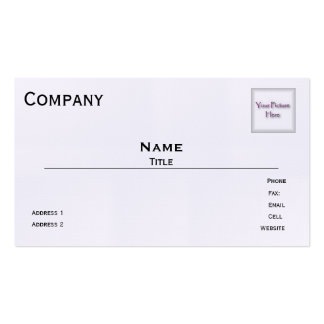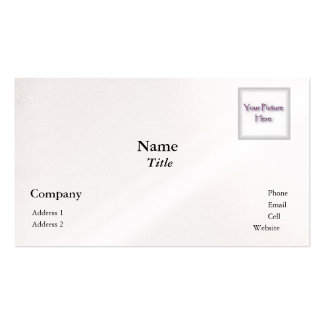Credibility: The Ultimate Monetization Strategy
There are more than one billion websites in the world, but only a small percentage are actually profitable. As you plot your digital domination, there are a myriad of monetization strategies to consider, including the decision to focus or diversify.Regardless of what profit stream or streams you select for your online business, however, there’s really only one rock solid plan to achieve your results. These days, monetization starts and ends with credibility. With so much competition, your brand’s integrity is essential to long-term success. Building and maintaining credibility may sound like a small task, but make no mistake, this is a mammoth undertaking. Yet no other tactic will bring you more rewards or success than a steadfast commitment to truthfulness.
Monetization in a Nutshell
A clear path to profitability is obviously a top priority for any online business. As you strategize your way to cash flow, there are several popular tactics to choose from, which include:
- Advertising — If you have the traffic to warrant the sale of ad space, this is a common method to monetization for just about any type of website or blog.
- Product Sales — eCommerce sites offer tangible goods and/or services.
- Contextual Ads — Place ads like Google AdSense on your site and get paid when your users click through. This is typically the lowest profit margin available, but is by far the easiest and fastest model to launch.
- Affiliate Programs — Similar to contextual ads, you can funnel your users to perform specific actions for other online businesses. Bounties are substantial, but it takes a lot of hard work to convert your users into paying customers for your partners.
- Subscription Sites — Charge a premium fee for high-end content or features available on your site.
No matter what monetization strategy you select from the list above (or even a combination therein), honesty and a credible brand identity remain your best bet for positive results. Why? Let’s break it down by category:
- Advertising — The stronger your brand is, the more your advertisers will pay to be featured on your site. The more your visitors respect your authority, the more they are likely to click on partner ads and render you higher profits.
- Product Sales — This one is obvious, because it applies to the brick and mortar world too. eCommerce sites with a solid track record of integrity render a much higher retention percentage because customers remain loyal to companies that appear to be transparent and reliable.
- Contextual Ads — By themselves, these feel like bait-and-switch models with little to no long-term value. Coupled with a website that offers quality content and a trusted brand, contextual ads could warrant a significant windfall. Again, if your visitors trust your authority and referrals, they are far more likely to click and support your partners, which equals success in this arena.
- Affiliate Programs — Just like the ad models above, affiliates do well because they are able to network with the masses and create loyalty and confidence.
- Subscription Sites — No one is going to plunk down credit card information on a website that does not seem trustworthy. If your brand has already established expertise in your industry, your content may indeed be worth paying to receive.
If you’re convinced honesty really is the best business monetization policy, follow the steps below to launch your new powerhouse company:
- Create a Stellar Brand — It all starts with an awesome name and an even better idea. Most businesses fail early on because they lack a functional business model and a clear picture of what they are offering, and just as important, to whom.
- Have the Same Values as Your Customers — Identifying who your core consumer really is will help you to match ethics and values. Resist the urge to be all things to all people — it will never fly. Instead, clearly document what your brand stands for, and match the demographic that shares your passions and views.
- Express Your Brand’s Expertise — It is essential that you offer plenty of content and proof that your company is a bona fide expert in your field. Don’t assume you can fake this in any way; credibility is born out of authenticity and expertise only. Customers will no longer just take your word for it — they want tangible proof of your know-how.
- Add Value — You will never establish credibility if you aren’t significantly adding value to your customers’ lives. Be very thoughtful and strategic about the value you create, and learn to articulate these offerings in an honest yet enthralling fashion.
- Profits Come After Value is Established — Never slather your website with ads and monetization tactics before you’ve developed a loyal user base. In other words, you must offer value (at no cost to your visitors) before you attempt to funnel folks into any money making scenario. Sites that simply try to fool people into clicks and actions come off as straight-up scams.
- Be Transparent — Every company suffers challenges and pitfalls; don’t brush yours under the rug. Instead, be very transparent about your issues, without the need to make excuses. Always resist the urge to blame anyone else for your missteps too. There is tremendous humanness in admitting to faults and mistakes; these can actually engender far more loyalty from your audience if you are willing to own up.
What other ways can credibility assist in a website’s monetization?
















No comments:
Post a Comment